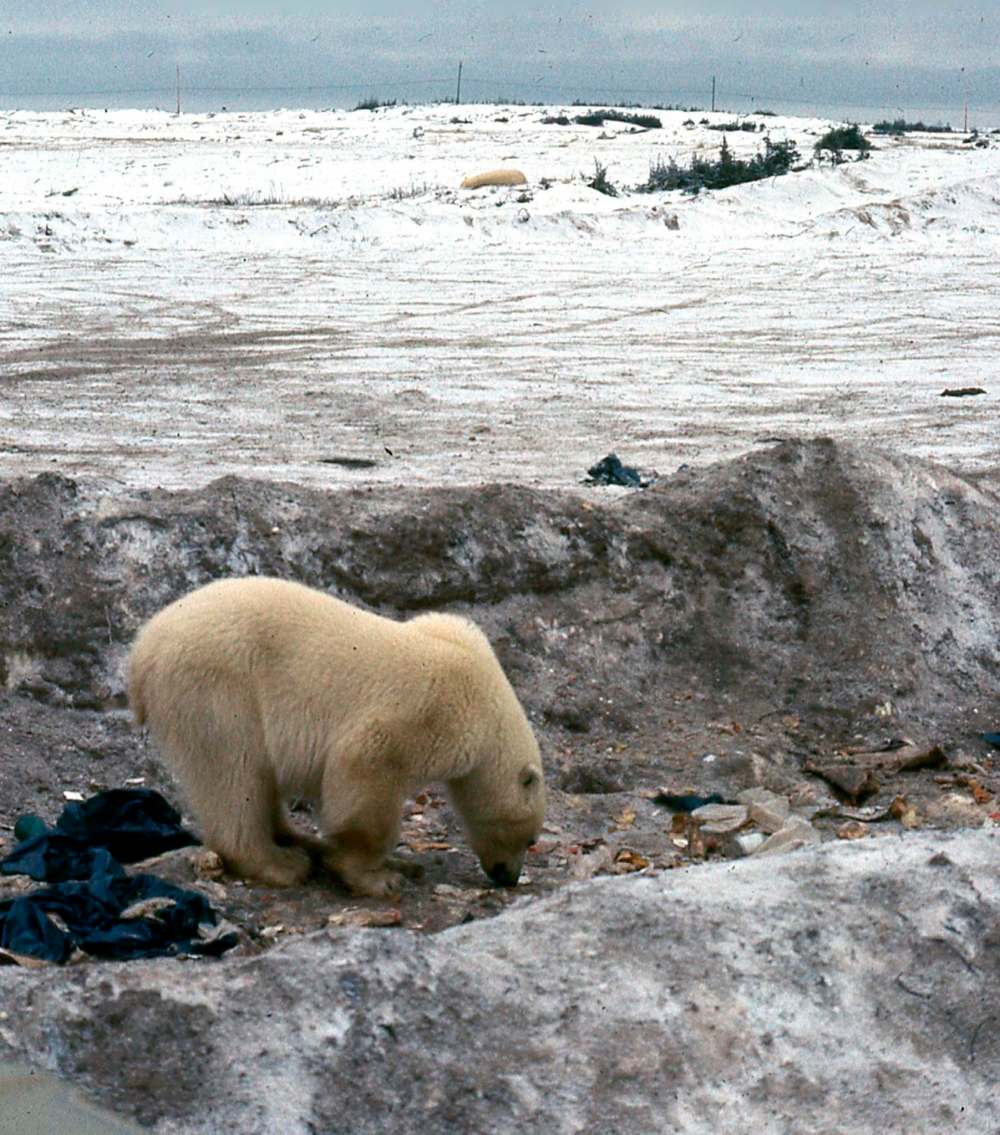The Dene: from Little Duck to Tadoule
Advertisement
Read this article for free:
or
Already have an account? Log in here »
To continue reading, please subscribe:
Monthly Digital Subscription
$0 for the first 4 weeks*
- Enjoy unlimited reading on winnipegfreepress.com
- Read the E-Edition, our digital replica newspaper
- Access News Break, our award-winning app
- Play interactive puzzles
*No charge for 4 weeks then price increases to the regular rate of $19.00 plus GST every four weeks. Offer available to new and qualified returning subscribers only. Cancel any time.
Monthly Digital Subscription
$4.75/week*
- Enjoy unlimited reading on winnipegfreepress.com
- Read the E-Edition, our digital replica newspaper
- Access News Break, our award-winning app
- Play interactive puzzles
*Billed as $19 plus GST every four weeks. Cancel any time.
To continue reading, please subscribe:
Add Free Press access to your Brandon Sun subscription for only an additional
$1 for the first 4 weeks*
*Your next subscription payment will increase by $1.00 and you will be charged $16.99 plus GST for four weeks. After four weeks, your payment will increase to $23.99 plus GST every four weeks.
Read unlimited articles for free today:
or
Already have an account? Log in here »
Hey there, time traveller!
This article was published 25/08/2016 (3356 days ago), so information in it may no longer be current.
The Hon. Carolyn Bennett, minister of Indigenous and Northern Affairs, deserves kudos for her effective role in providing the Dene the opportunity to take greater control of their lives after many years of suffering because of ignorance on the part of many governments.
An excellent article, Addressing the fatal ordeal of the Dene by Alexandra Paul, appeared in the Aug. 13 Winnipeg Free Press. It brought back memories, not all of which were pleasant.
The apology by the government of Canada, along with compensation for the Dene’s forced move to Churchill, establishes a recognition point for the Dene to be in greater control of their future — something that was eliminated from their lives one fateful day in 1956.

In the scene shown in the accompanying photo, just to the left of the bear, was a Dene man. He, too, was searching for food. The only difference was he had a barrel with a fire in it and a metal plate on the top so he could heat up his food.
The Dene and the bear were only about 25 feet apart, but they seemed to ignore each other quite effectively.
At one point, I was about to take a picture that included both the bear and the Dene, but that struck me as inappropriate. Although both were searching for food, the bear knew that once the bay froze over he would be fine. The Dene was not in that position: he had been moved from Little Duck Lake, just south of the much larger Nejanilini Lake. His skills were suited for living within a caribou range, not the barrens near Churchill.
Trying his best to seek food, he shared an open dump with a polar bear that would soon head off for a winter of great food. He, on the other hand, had a proud but fading past, with nothing to look forward to.
Eleven years prior, he was one of those scooped up at Little Duck Lake by a Canso amphibious cargo plane and dropped off in Churchill. There, he and his family and friends were expected to adapt — virtually without help. Just because the caribou that year had been diverted, possibly by a fire in the lichen to the north, an entire community was taken from its home and deposited into an unfamiliar setting. That the Dene caused any drop in caribou numbers is, quite simply, a lie.
In 1971, I landed with some colleagues on Little Duck Lake and walked into the old community. In an eerie way, it felt as if everyone would be coming back. We didn’t look too closely, as it seemed they might show up at any time.
Most homes we peeked into had good dinnerware set up on the table, as if the meal had been about to be served when the infamous Canso arrived to take them away to Churchill. Many of the homes had small gramophones and 78 r.p.m. records, not all that different than what I remember growing up in the Souris area in the 1940s.
Their coal-oil lamps were no different — quite elaborate, in fact. Clearly, the residents of Little Duck Lake had lived a rounded and relatively comfortable life until it was shattered by a huge mistake.
We left their homes and contents intact, hoping one day they would be back.
Jim Collinson is a management consultant specializing in energy, economic, and environmental issues who has held assistant deputy minister positions in the federal and Manitoba governments.





